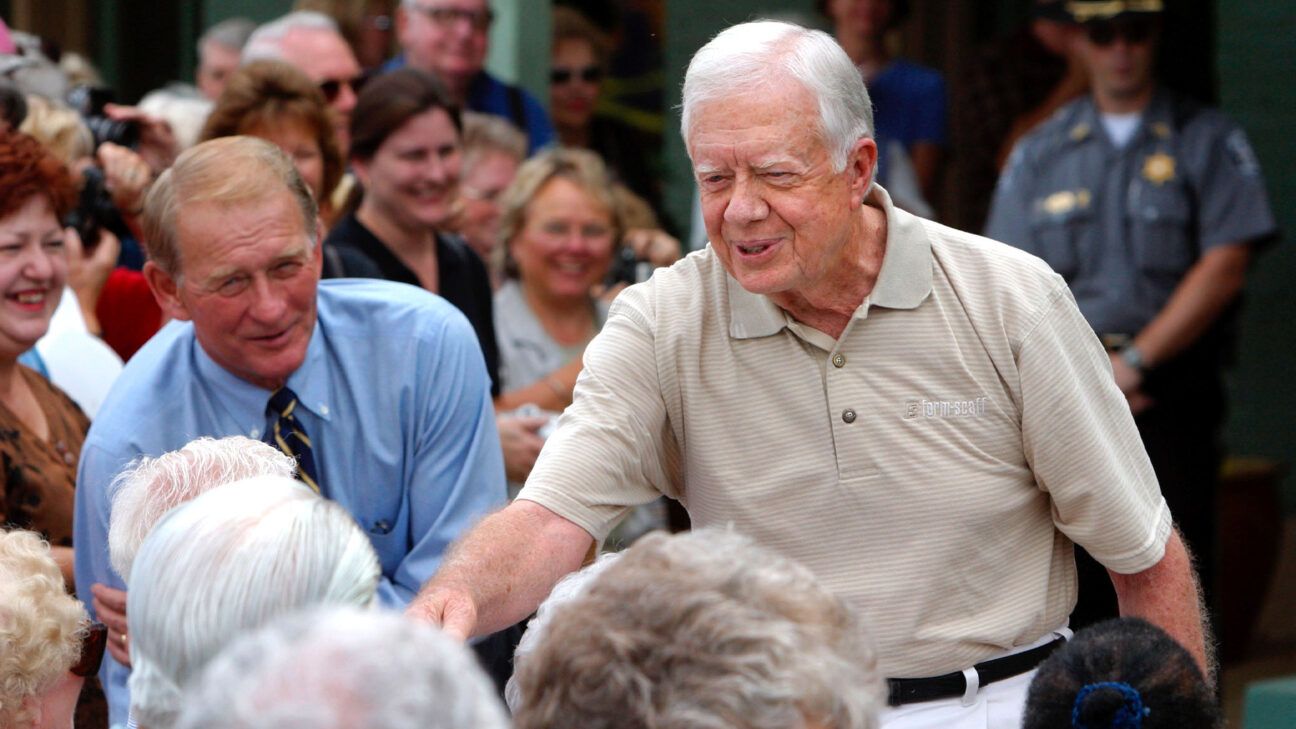
Jimmy Carter, US President Who Fought Tropical Disease, Dies at 100
Jimmy Carter, the 39th U.S. president, passed away at 100 in Plains, Georgia, leaving behind a remarkable legacy in global health and humanitarian work.

Crowd surrounds Jimmy Carter at event
President Biden honored Carter as "a dear friend" whose compassion and moral clarity helped eradicate disease, forge peace, and advance human rights worldwide.
Before his death, Carter faced several health challenges. In 2015, he overcame metastatic melanoma that had spread to his liver and brain. In 2019, he recovered from multiple falls, including one that resulted in a fractured pelvis. He entered hospice care in February 2023, shortly after losing Rosalynn, his wife of 77 years.
Public Health Legacy
After his presidency, Carter dedicated himself to humanitarian causes through the Carter Center and Habitat for Humanity. His most significant impact came in fighting neglected tropical diseases, particularly:
- Guinea worm disease (cases reduced from 3.5 million in the 1980s to just 13 in 2022)
- River blindness
- Trachoma
- Lymphatic filariasis
- Schistosomiasis
- Malaria
Notable Achievements:
- Brokered the "Guinea worm ceasefire" during the Second Sudanese Civil War in 1995, enabling the distribution of 200,000 water filters
- Helped introduce the term "neglected tropical diseases" into global health vocabulary
- Advocated for diseases affecting impoverished regions that often received little attention
Medical experts, including Dr. Peter J. Hotez and Dr. William Schaffner, praise Carter's dedication to addressing "forgotten problems of forgotten people." His work transformed the approach to treating tropical diseases in remote and impoverished areas.
The Carter Center continues its mission to eradicate these diseases, carrying forward Jimmy Carter's vision of improving global health and reducing human suffering worldwide.
Related Articles
Cancer Deaths Drop in U.S., But Women Face Rising Diagnosis Rates

